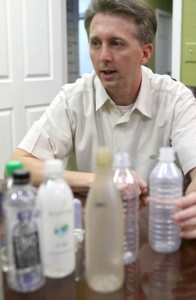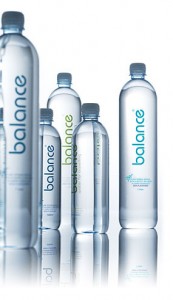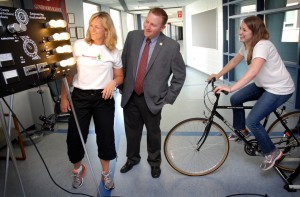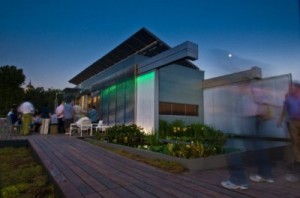 In response to California’s greenwashing lawsuit against its Balance and Aquamantra brands, Danny Clark, President of ENSO, states, “Our industry is young, and we are still improving standards and dispelling false beliefs. Our products perform as we claim, and we have the data to prove it. The situation in California is a lack of education and misunderstanding new technologies; this is not an issue of false claims. We will take this opportunity to bring legislators up to speed with ENSO technologies and the value they bring to the environment.”
In response to California’s greenwashing lawsuit against its Balance and Aquamantra brands, Danny Clark, President of ENSO, states, “Our industry is young, and we are still improving standards and dispelling false beliefs. Our products perform as we claim, and we have the data to prove it. The situation in California is a lack of education and misunderstanding new technologies; this is not an issue of false claims. We will take this opportunity to bring legislators up to speed with ENSO technologies and the value they bring to the environment.”
“The citizens of California and the environment deserve better,” stated Del Andrus, VP of ENSO. “History is full of examples where science has provided the facts to overcome false beliefs, a principle that ENSO will continue through the pioneering of new information, technology and education.”
At ENSO, we stand behind our claims and our mission to solve the world’s plastic pollution. Every one of us has contributed to this global problem, and it will take each of us, working together, to solve it. Companies like Aquamantra and Balance should be recognized for rising above status quo and implementing environmentally sound solutions.We do not claim that biodegradability is a silver bullet, but it is a huge step in the right direction. Consumers should be educated on the true impact of the products they are buying and have the opportunity to take that step. The lawsuit filed by Attorney General Kamala D. Harris was a first-of-its-kind “greenwashing” lawsuit against three companies that allegedly made false and misleading claims by marketing plastic water bottles as “100 percent biodegradable and recyclable.” Under California law, it is illegal to label a plastic food or beverage container as biodegradable. Plastic takes thousands of years to biodegrade and may never do so in a landfill.












